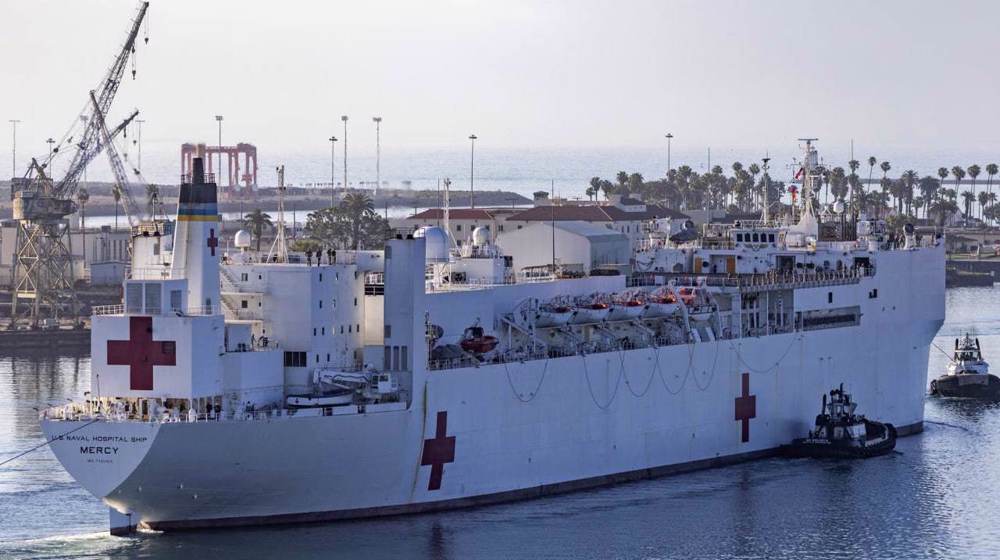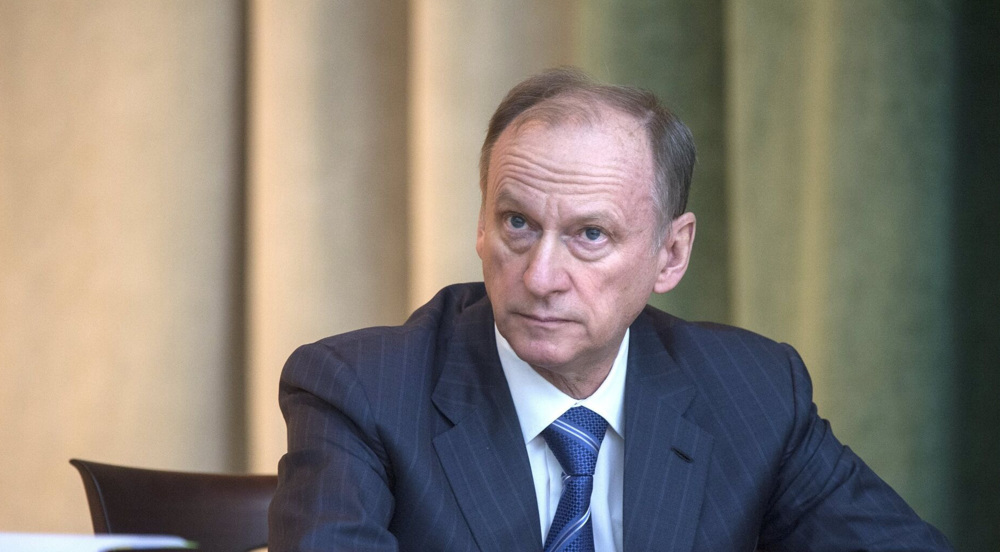Catalan leaders likely to declare independence from Spain on Monday
Catalan leaders will likely move on Monday to declare independence from Spain, more than a week after the already autonomous Spanish region held a banned referendum on secession.
In a televised address from Generalitat Palace in Catalonia’s capital, Barcelona, on Wednesday night, Catalan Regional President Carles Puigdemont indicated that the region could declare independence early next week.
“I am sure that in the next few days, we will show the best of our country when the institutions of Catalonia will have to apply the results of the referendum,” he said.
Earlier, he had told the BBC that he would declare independence at the end of the current week or “the beginning of next.”
Meanwhile, Mireia Boya, a Catalan legislator from the pro-independence Popular Unity Candidacy (CUP) Party, said a proclamation of independence would come after a Monday parliamentary session to assess the results of the Sunday plebiscite.
A regional government source, speaking on condition of anonymity, also said that “according to how the session goes, independence could be declared.”
The Spanish government went out of its way to avert the Sunday referendum, raiding venues and confiscating ballot boxes and papers, arresting officials, and even installing police forces at sites where polling stations managed to get set up to physically remove voters. Security forces used batons and rubber bullets to disperse crowds of voters, wounding nearly 900 people.
The United Nations called on Spanish authorities on Monday to launch a complete and fair investigation into the violence.
Despite the crackdown, some 2.26 million of Catalonia’s 5.3 million registered voters managed to cast their ballots, according to figures released by the regional government, which said the turnout had been some 43 percent. Ninety percent of the participants voted in favor of secession from Spain, the regional government said.

On Tuesday, nearly 700,000 people marched in fury through the streets of Barcelona to protest police brutality, and a general strike was called on the same day by more than 40 unions and associations in the region in order to “vigorously condemn” the brutal police response to the voting process.
Elsewhere in his address, Puigdemont said he favored mediation to find a way out of the standoff, but the government of Spanish Prime Minister Mariano Rajoy strongly rejected the bid, calling on Catalonia to “return to the path of law” first before any negotiations could take place.
Madrid says the referendum was unconstitutional and shouldn’t have been held in the first place. It thus argues that it would never participate in talks on an “illegal” issue.

The Catalan leader also lambasted Spanish King Felipe VI for labeling the Sunday referendum as “illegal and undemocratic.”
“The king endorses the discourse and policies of the government of Rajoy, which have been catastrophic for Catalonia and deliberately ignore the millions of Catalans who do not think like them,” Puigdemont said, adding the king’s remarks on Tuesday “disappointed many people in Catalonia.”
Catalonia, one of Spain’s 17 autonomous regions, had held a symbolic referendum back in November 2014, during which more than 80 percent of participants voted for independence, according to Catalan officials.
The region has a population of 7.5 million people, who speak their own language and have their own cultural traditions, and a political movement for splitting from Spain that has strengthened in recent years.
Catalonia, Spain’s richest region, accounts for a fifth of the country’s economy.
'Defeat is certain for them’: Iran Army chief derides enemy’s claim of invincibility
Explainer: How job scarcity is pushing working-class Americans to enlist in the military
Israel abducted over 100 Palestinians in West Bank since start of Ramadan: Rights group
Israel conducted 41 incursions into Syria in February amid HTS silence: Report
In letter to Araghchi, Hamas outlines repeated Israeli violations of Gaza ceasefire
Pezeshkian says ‘encouraging' signal received in US talks but Iran ready for any scenario
North Korea’s Kim re-elected Workers’ Party general secretary
Iran, Oman consult on arrangements for next round of nuclear talks














 This makes it easy to access the Press TV website
This makes it easy to access the Press TV website